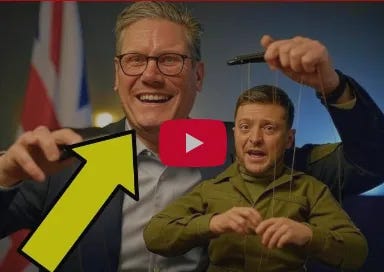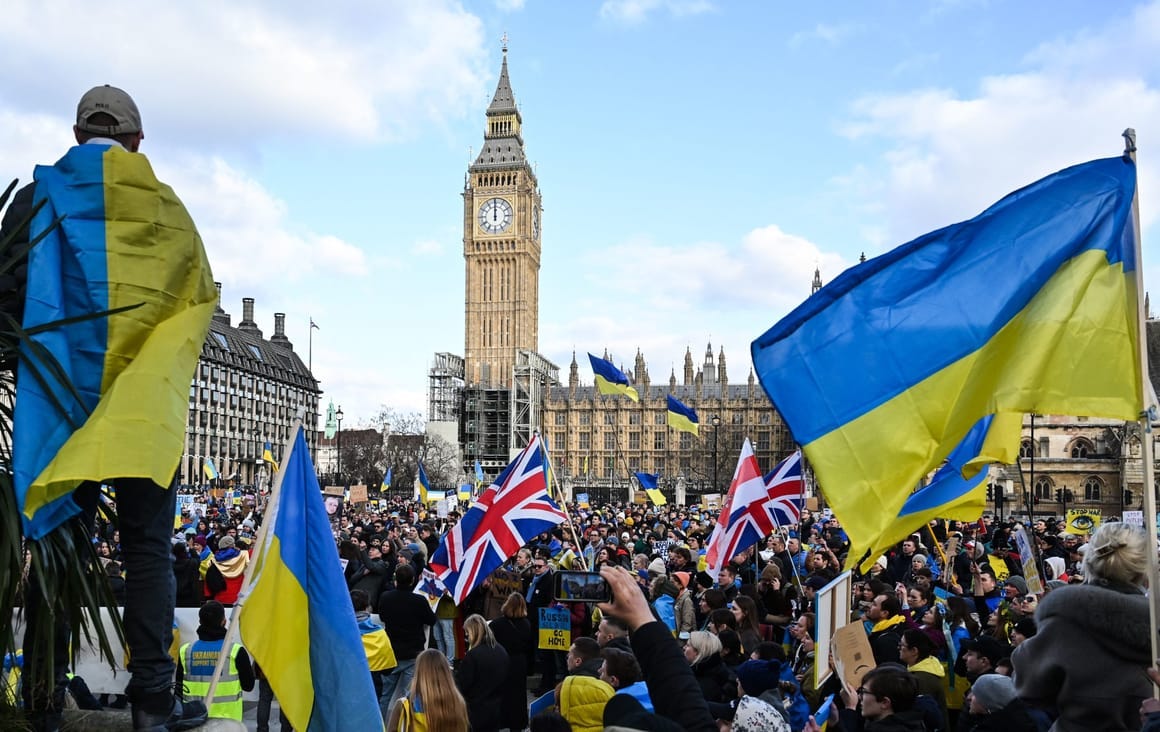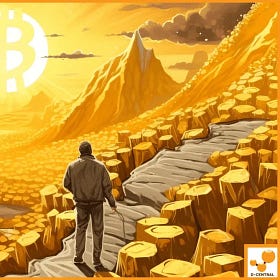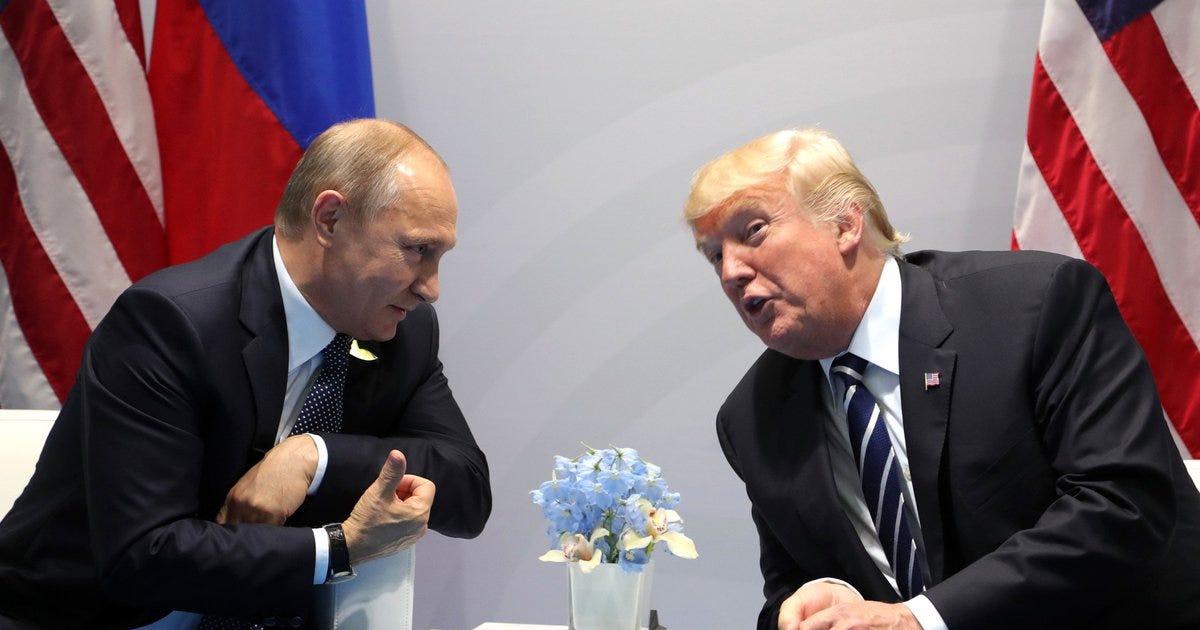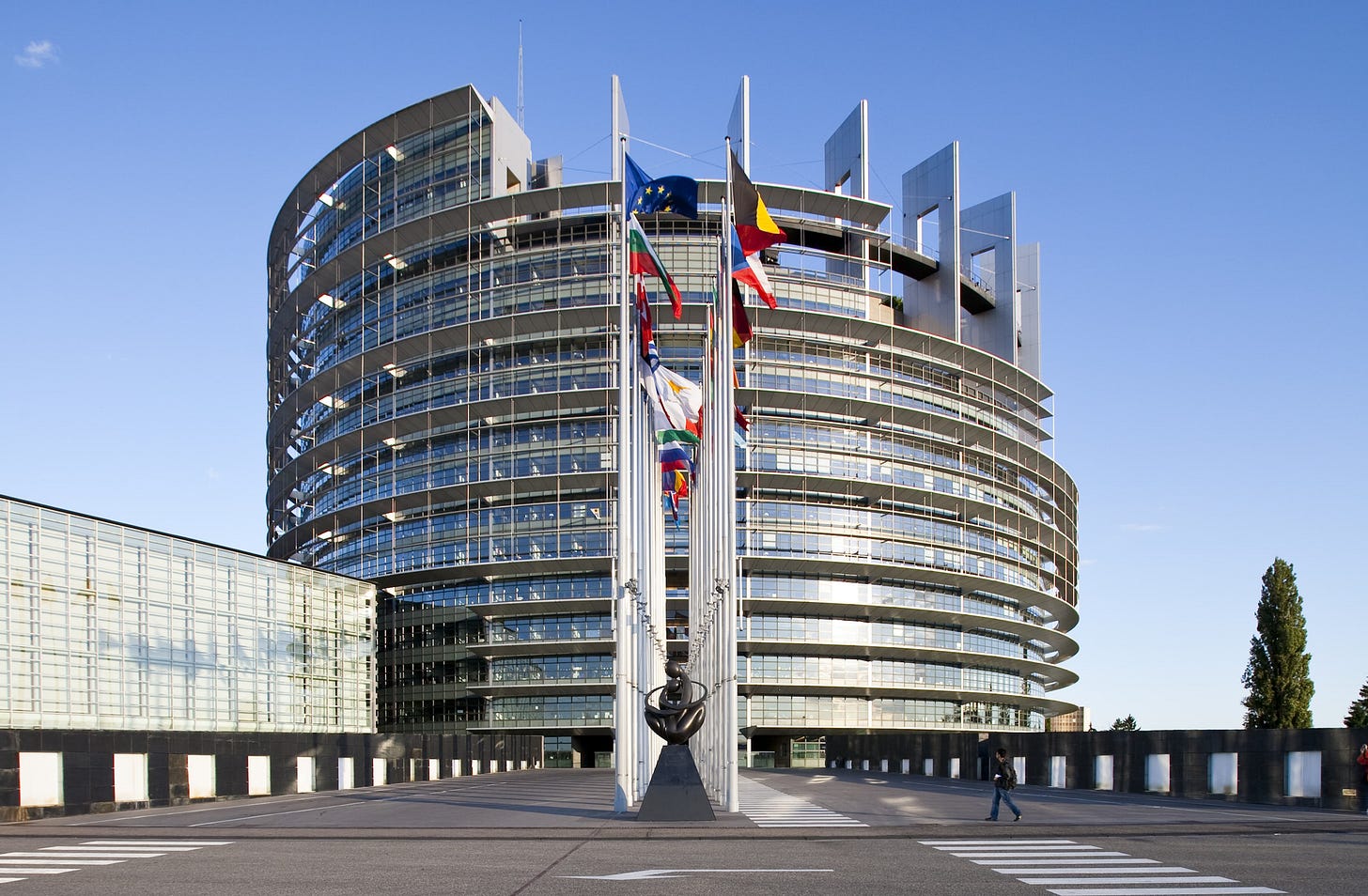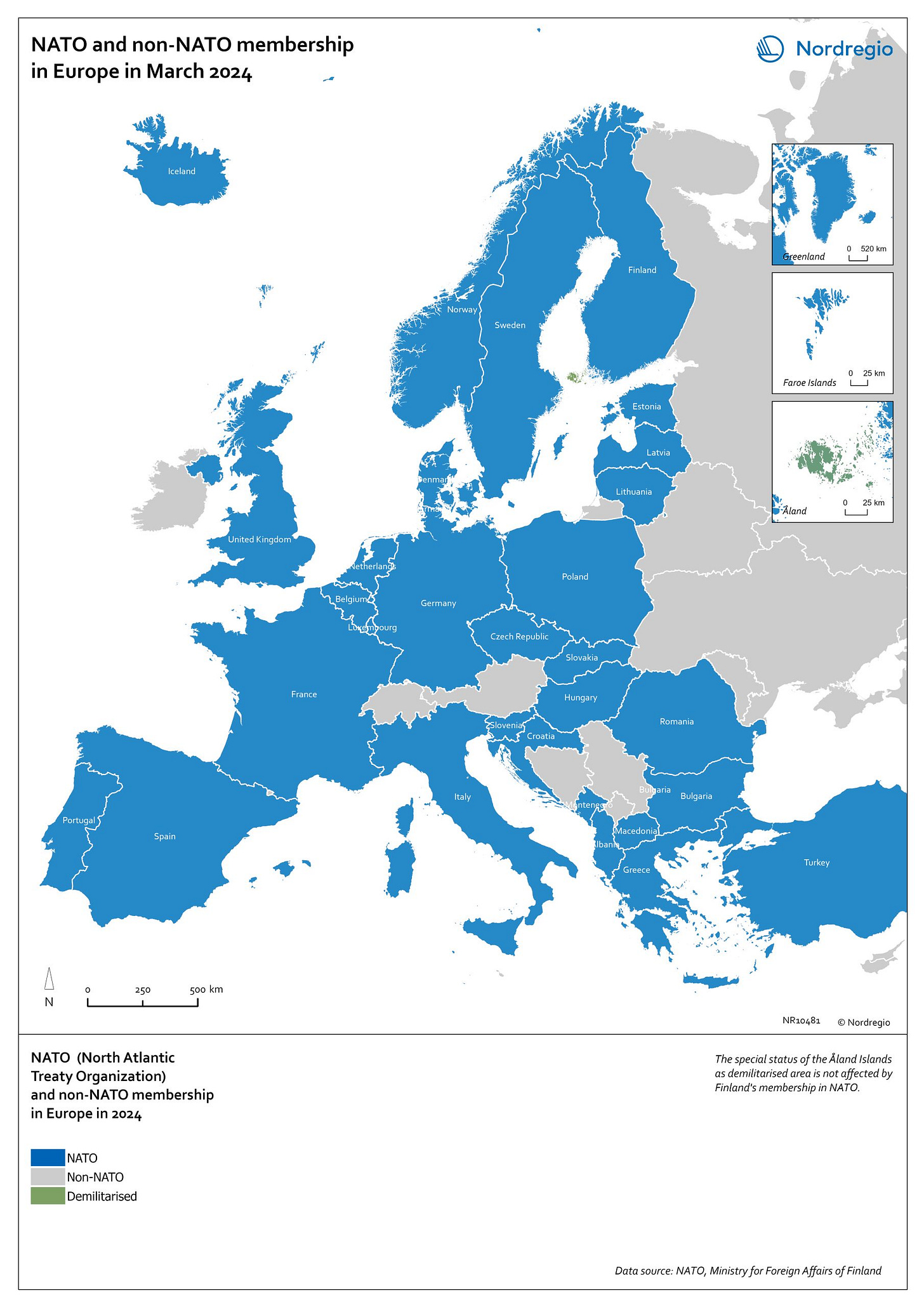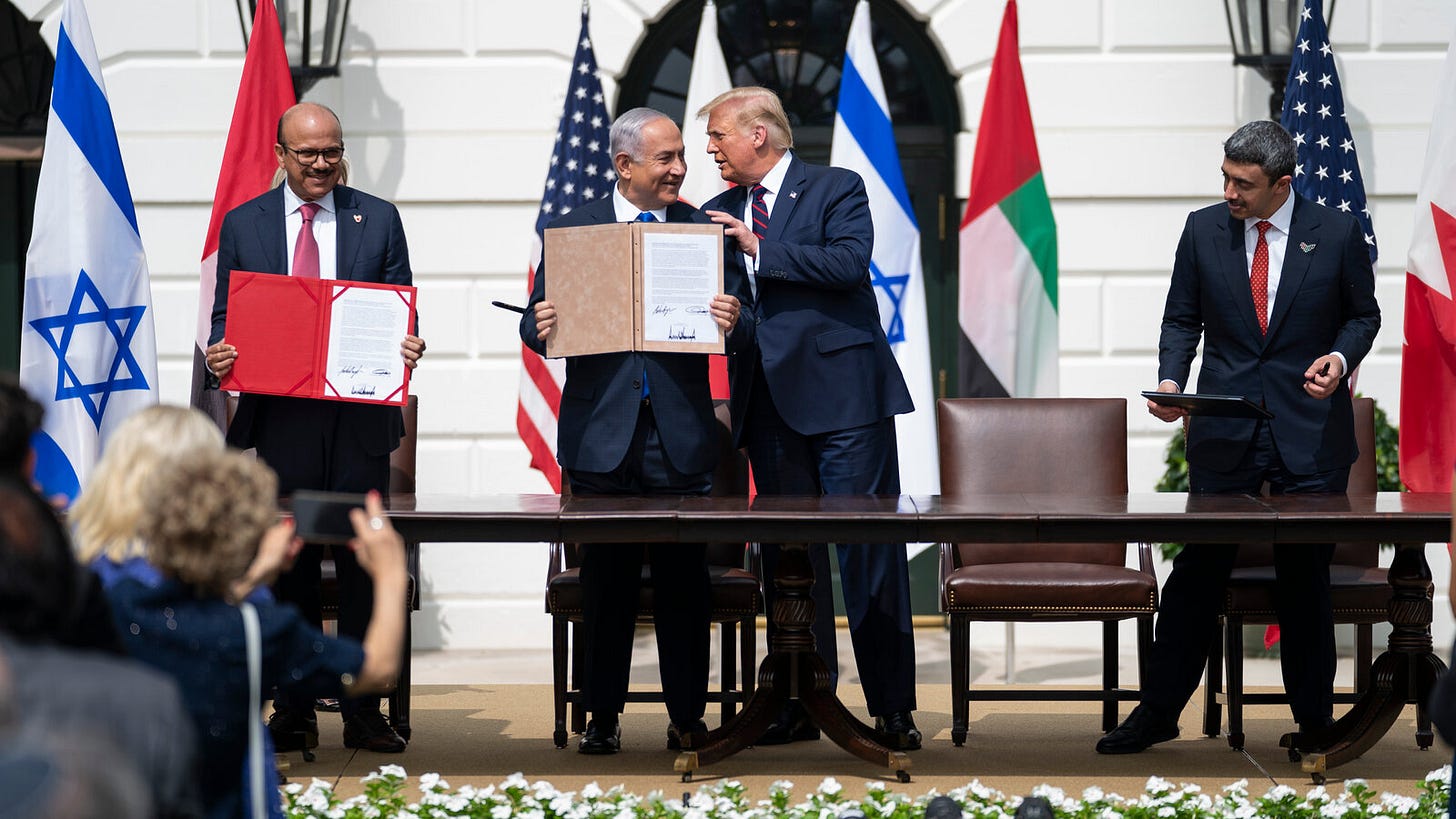Is There a Secret 100-Year Agreement Between Ukraine and Britain?
Could a Secret Deal Reshape Global Control?
Introduction
In a recent episode of The Capital COSM YouTube channel, host Danny engaged in a thought-provoking discussion with guests Tom Luongo and Alex Krainer. The central theme revolved around whether Ukraine has signed a secret 100-year agreement with Britain and the broader geopolitical ramifications of such a deal. The conversation explored U.S. and European foreign policy, the ongoing conflict in Ukraine, and the realignment of global power dynamics. This article provides a detailed breakdown of their key points, incorporating direct quotes and analysis.
The Alleged Secret 100-Year Deal Between Ukraine and Britain
The central theme in the interview is the theory surrounding a secret 100-year agreement between Ukraine and Britain, which may be influencing current geopolitical dynamics. This theory is raised by Tom Luongo, who frames the situation as part of a much larger geopolitical game, one involving not just Ukraine but key international players like the UK, Russia, and the US. According to Tom, the situation in Ukraine is not just the result of a regional conflict but is instead part of a broader, more complex series of maneuvers orchestrated by global elites, with Britain playing a pivotal role.
Tom delves into the notion that Britain has been a consistent actor in shaping the geopolitical landscape of Europe. He states, "The Europeans have been purged and gutted, and only people like Bernie Sanders have remained in power," referring to the political leaders who have remained in place across Europe under the influence of powerful global forces. This observation suggests that Tom believes much of Europe's leadership is out of touch with the average person, instead representing broader interests driven by the global financial elite. This includes the potential manipulation of the Ukrainian conflict as part of a larger plan that has been in the works for decades.
Tom's argument is that Britain's involvement with Ukraine is not merely an act of supporting a fledgling democracy in the face of Russian aggression. Instead, it is part of a much longer-term strategy that aligns with Britain's broader interests, particularly in securing itself against Russian influence. He suggests that Britain has been using Ukraine as a strategic buffer zone between itself and Russia, positioning the country as a bulwark against Russian expansionism in the region.
Krainer added: “The European political scene has been purged and gutted. The only people left in power are the ones willing to play along with these policies, and they are being controlled from behind the scenes.” He argued that Ukraine’s alignment with Britain is part of a larger geopolitical game orchestrated by the City of London.
Tom notes that Russia has consistently attempted to engage in diplomatic negotiations with Ukraine and the West but has been met with rejection. "Russia is trying to give them so many offers," Alex Krainer adds, referencing the various diplomatic channels that Russia has pursued, which have largely been ignored or dismissed by Western powers. This highlights a critical point: while Russia seems open to dialogue, the West, particularly the United States and Britain, has shown little interest in engaging with Russian proposals, focusing instead on sanctions and military support for Ukraine.
This disregard for Russia’s attempts at diplomacy is further critiqued by Krainer, who uses strong language to describe European leadership. He calls them "corrupt liars, morons, degenerates," framing them as pawns of larger financial forces that control European policy from behind the scenes. For Krainer, the leadership across Europe is not just ineffective but complicit in advancing the interests of powerful global elites, particularly those aligned with the World Economic Forum and other similar institutions.
The conversation also touches upon the financial motives behind the prolonged conflict. Krainer suggests that much of the West’s involvement in Ukraine is driven by financial interests that go beyond any concerns about democracy or territorial integrity. The war, according to him, serves as a tool for these financial elites to exert control over the region and secure long-term strategic and economic gains.
In the broader context, Tom and Alex’s insights raise questions about the true motivations behind the support for Ukraine. Is the West truly invested in Ukraine's future, or is it simply a chess piece in a much larger game of global power dynamics? The suggestion of a secret long-term agreement with Britain only deepens the intrigue, implying that the conflict in Ukraine may not be about the present moment but the fulfillment of objectives laid out many years ago, perhaps even long before the war began in 2022.
The idea of a secret deal, if true, signifies a long-term Western strategy to ensure Ukraine remains a proxy state against Russia. The hosts contend that this aligns with broader Western efforts to perpetuate conflict rather than seek resolution.
"I don't trust you as a counterparty. I don't want to take Lehman's paper. I'm Goldman Sachs, I don't want to do business with Lehman because they might go under. Well, that's what's happening in the world right now."
Donald Trump’s Foreign Policy and Its Impact on Global Politics
Luongo argued that Trump’s foreign policy approach is distinct from previous U.S. administrations, including his stance on Russia and his reluctance to follow traditional neoconservative war agendas. However, Krainer criticized Trump’s inconsistency:
“Trump built a movement in 2016 that attracted people looking for real change, but then he betrayed them and handed them over to Hillary Clinton. He converted progressives into Democrats. It was a failed strategy.”
Luongo countered that Trump successfully won over disenfranchised voters in Rust Belt states, which led to his 2016 victory. He highlighted that Trump’s attempts to realign global politics away from perpetual war faced immense resistance from establishment figures in Washington and Europe.
The conversation underscored the internal power struggles within the U.S. establishment. While Trump’s policies may have diverged from the traditional neoconservative agenda, both guests agreed that geopolitical elites, particularly in Europe, remain committed to confrontation rather than diplomacy.
The European Political Crisis and Its Implications
The discussion shifted to the political turmoil in Europe, with Krainer emphasizing the disconnection between European leadership and the general population:
“Most of the European people are dead against going to war with Russia. But the political class? They are completely controlled. They are all corrupt liars who don’t understand what they’re doing.”
The conversation pointed to recent European elections, where populist movements are gaining traction due to widespread dissatisfaction with establishment policies.
Luongo added: “The European Parliament is one of the most corrupt institutions in the world. They’re ignoring their own voters while pushing for war.”
The panelists suggested that Europe’s trajectory toward war is not driven by popular demand but rather by elite interests aligned with financial and geopolitical motives. The rejection of mainstream political parties in recent elections highlights growing public disillusionment.
The Role of Russia and the Future of the Ukraine Conflict
One of the major themes of the discussion was Russia’s response to Western aggression. Krainer emphasized that Russia has continuously extended diplomatic offers, only to be met with hostility:
“Russia has given Europe multiple chances to negotiate, but they keep digging their heels in. Do they actually believe their own propaganda?”
Luongo argued that Western elites are deliberately escalating tensions to justify continued NATO expansion and military-industrial spending.
The refusal of Western governments to negotiate a settlement with Russia suggests a strategic choice to prolong the conflict. The discussion implied that this benefits financial and military interests rather than serving the interests of ordinary citizens.
The Middle East Factor: Iran, Israel, and Trump’s Strategy
The guests touched on how the Middle East fits into the broader geopolitical puzzle, particularly regarding Iran. Luongo noted:
“Trump is setting the stage for a real negotiation with Iran. Unlike the previous administration, he’s trying to de-escalate by taking the religious war justification off the table.”
Krainer agreed, stating that Iran’s alliance with Russia and China adds another layer of complexity. He emphasized that Trump’s approach is pragmatic, even if his rhetoric appears aggressive.
Trump’s strategy involves reducing tensions in the Middle East to refocus on the real geopolitical battleground: Europe and Russia. The contrast between his approach and that of his predecessors underscores shifting power dynamics.
Last thoughts
While it is plausible that Western powers are heavily invested in maintaining the status quo in Ukraine for strategic reasons, it is also essential to consider the broader humanitarian impact of such geopolitical maneuvering. The willingness of political elites to perpetuate conflict, particularly when it leads to the suffering of civilians, highlights the disconnect between leadership and the people they are meant to represent. It seems that true resolution will require not only addressing geopolitical dynamics but also pushing for a more genuine and diplomatic approach that prioritizes peace and stability for all It seems that true resolution will require not only addressing the geopolitical dynamics but also pushing for a more genuine and diplomatic approach that prioritizes peace and stability for all parties involved. This approach should emphasize dialogue and compromise over confrontation and division, ensuring that the interests of the people—rather than just political elites or military-industrial powers—take precedence. Achieving a lasting solution will require both a shift in how global powers approach conflict and a commitment to creating a world order based on cooperation, rather than constant escalation.
Support My Work – Help Secure a Stronger Future
If you enjoy reading Financial Anarchy and find value in the content I produce, I would greatly appreciate your support through a paid subscription or donation. While all my work is available for free, your support helps me maintain and grow this platform while providing for my family.
Your contributions allow me to continue creating high-quality, insightful material on finance, economics, and global events—without relying on outside funding. This means I can remain independent and focused on delivering the content that matters to you.
Becoming a paid supporter, even at a small level, helps improve my financial stability, allowing me to dedicate more time and resources to producing content you love. Every donation makes a difference, and your support truly means the world to me and my family.
Thank you for being part of Financial Anarchy. Together, we can continue to grow this community and keep the content coming!


